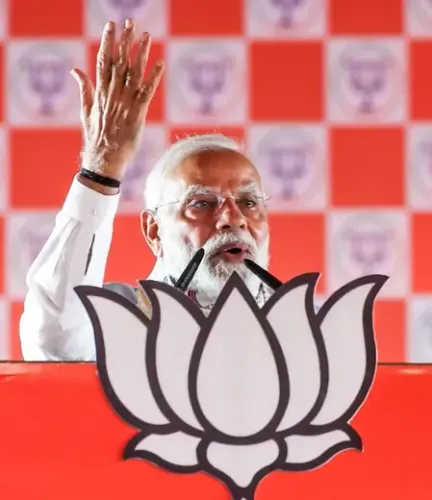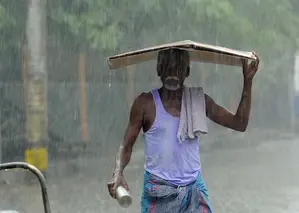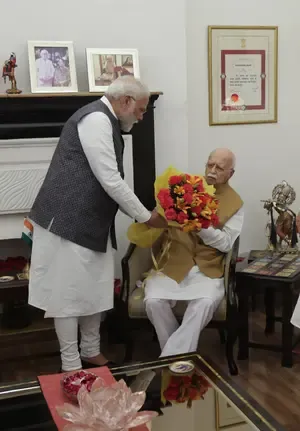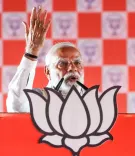Why Are Bengal’s Civil Society and Intellectuals Supporting TMC's Protests Against the 'Attack' on Bengali Language?
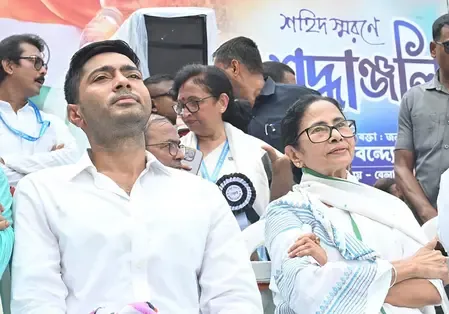
Synopsis
Key Takeaways
- Civil society and intellectuals unite for Bengali language rights.
- Delhi Police letter referring to Bangla as 'Bangladeshi language' sparks outrage.
- Prominent figures voice their concern over cultural discrimination.
- Protests highlight the broader issue of language and identity in India.
- Calls for solidarity among Bengali speakers resonate strongly.
Kolkata, Aug 4 (NationPress) Members of the civil society and a group of intellectuals from West Bengal have shown their support for West Bengal Chief Minister Mamata Banerjee and the Trinamool Congress in their ongoing protests against the perceived assault on the Bengali language and the alleged mistreatment of Bengali-speaking migrant workers in other states.
The uproar grew following the circulation of a letter from a Delhi Police inspector at the Lodhi Colony police station, which requested a translator for the 'Bangladeshi language' in relation to an incident at Banga Bhawan. This reference to 'Bangladeshi language' in place of Bangla ignited fury throughout West Bengal.
On Monday, Bengali intellectuals criticized the Delhi Police's actions, asserting that Bangla is among the constitutionally recognized languages in India.
Acclaimed filmmaker Goutam Ghose remarked to IANS that such discrimination against Bengalis and the Bengali language is wholly unacceptable in a democratic nation, urging all parties to cease these actions to uphold peace, tolerance, and unity.
"This is utterly unacceptable in a democratic society. Bangla is one of the 22 constitutionally recognized scheduled languages in India. Such labeling fosters animosity. I cannot comment on the political ramifications, but what is transpiring is deeply unjust, especially for those who migrate to seek better opportunities," Ghose asserted.
The distinguished filmmaker noted that there are various dialects of Bangla that differ geographically. "The language remains constant, but the dialects vary by region. Bengalis in West Bengal speak one dialect, while those in Bangladesh and Jharkhand have their own variations. Bangla is spoken by many around the globe, making this a clear case of cultural vandalism," he emphasized.
Bengali poet and author Subodh Sarkar questioned whether speakers of Tamil and Urdu would also be referred to as Sri Lankans and Pakistanis, respectively.
Bangla is a primary language in India, recognized by the Constitution. Following the Delhi Police's letter, it appears that Bangla is not acknowledged as an Indian language. I unequivocally condemn this and the labeling of Bengalis as Bangladeshis, viewing it as a conspiracy where the Delhi Police is merely a pawn. Will Tamil speakers be labeled Sri Lankans? Will Urdu speakers be called Pakistanis?" Sarkar expressed to IANS, voicing his support for widespread protests in response to this situation.
Veteran actor and theatre figure Koushik Sen echoed these sentiments, linking the incident to a broader trend of targeting economically vulnerable Bengali migrants.
"For some time now, Bengalis from lower economic backgrounds have been targeted in other states. This situation is being fostered by the ruling party at the Center. We do not wish for this issue to be exploited for political purposes. The recent incident referring to Bangla as a Bangladeshi language is just a fragment of this larger agenda. It seems to either be aimed at electoral gains or to convey a strong message against infiltration," Sen told IANS.
Educator and philosophy professor Miratun Nahar characterized this as an attempt to impose Hindi nationwide.
"The Center has intentionally branded Bangla as the language of Bangladesh to facilitate the imposition of Hindi on all Indians. With no common language across India, English has emerged as a communication medium," she commented.
She further asserted that the ruling party's intent is to alter the Constitution and establish a different Bharat as swiftly as possible. "Citizens across India must raise their voices against this aggressive stance from the central ruling party, which has neglected the daily needs of its people," she added.
Bengali filmmaker Srijit Mukherjee took to social media to criticize the Delhi Police's terminology. "That isn't the Bangladeshi language, fools; that’s Bangla or Bengali, the same language in which your national anthem was originally penned, and one of the 22 official languages of India," he wrote while sharing a photocopy of the controversial police letter.
Rupam Islam, singer and frontman of the Bengali rock band 'Fossils', also voiced his dissent. "What is this? Isn’t BANGLA one of the 22 official languages of India? Why must it be referred to as BANGLADESHI LANGUAGE? The height of ignorance and absurdity," Islam remarked in a social media comment.
Bengali folk artist and musician Surojit Chatterjee remarked on social media, "Bangla" being termed as the Bangladeshi language reflects the kind of ignorance I anticipate from those in charge... Not surprised at all.

